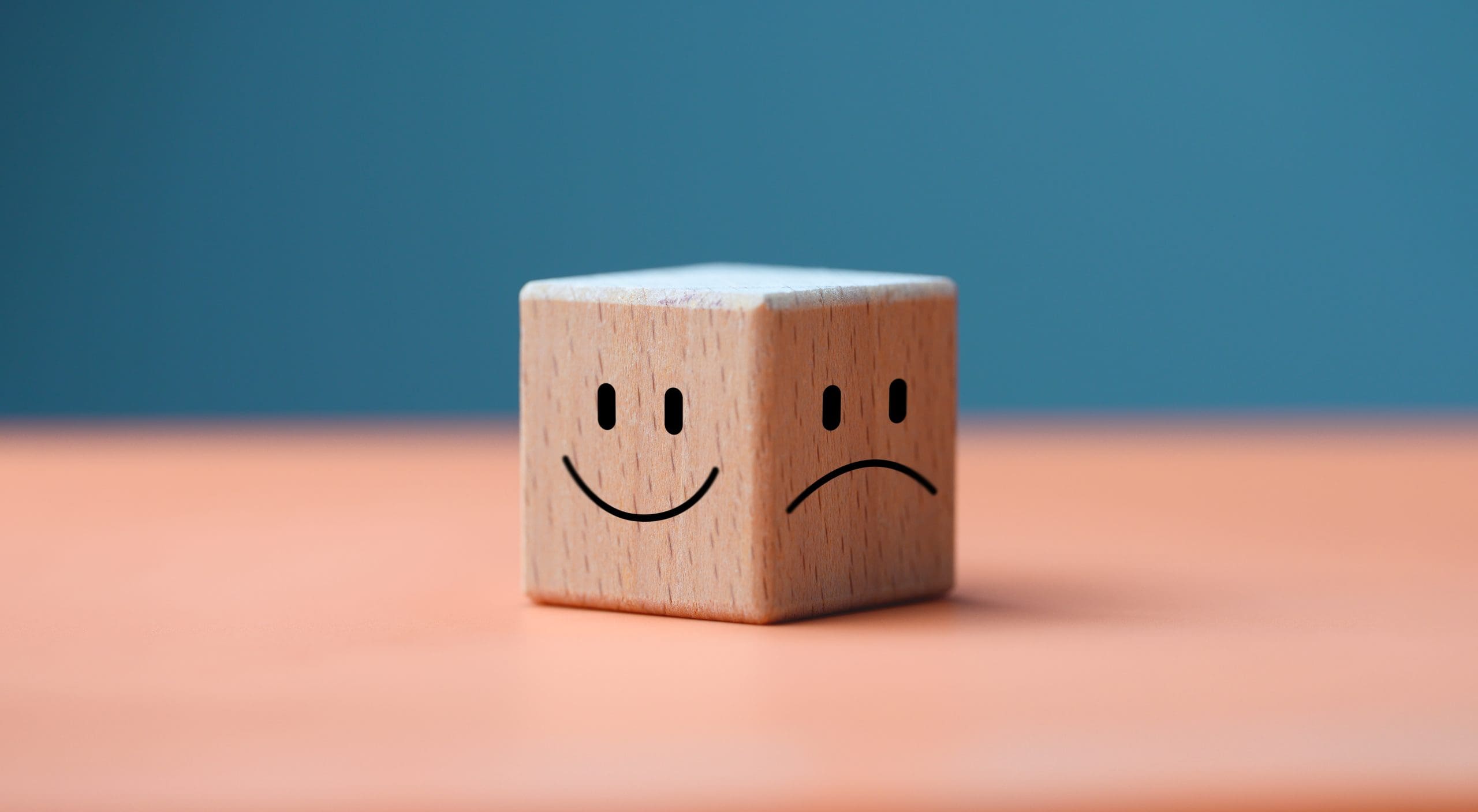
Online reputation has emerged as a critical facet of our overall image, shaped by our activities and interactions on the internet. With the pervasive influence of social media and online platforms, every online post, comment, or review contributes to an individual’s or organization’s online identity. This virtual persona can profoundly impact one’s mental well-being, as it encompasses factors like social media presence, online reviews, and digital behavior. The consequences of online reputation on mental health are multifaceted, encompassing issues like cyberbullying, self-esteem challenges, social isolation, and the fear of missing out. However, individuals can take proactive steps to safeguard their online reputation, such as practicing mindfulness in their online interactions, managing privacy settings, and addressing negative content. Furthermore, nurturing a positive online presence can not only bolster one’s reputation but also promote better mental health through appropriate responses to feedback and fostering supportive digital communities. Balancing online and offline interactions, limiting screen time, and focusing on the positive aspects of social media are also crucial in maintaining good mental health in the digital era.
How Does Online Reputation Affect Mental Health?
With the increasing prevalence of social media and the internet, our online reputation has become an integral part of our lives. However, the impact of our online presence on our mental health is often overlooked.
Cyberbullying
Cyberbullying is a pervasive issue in the digital age, with serious implications for mental well-being. To address this concern, it’s crucial to educate children and young adults about safe online practices and encourage open communication regarding their experiences with cyberbullying. Utilizing privacy settings to control who can interact with your online profiles can also serve as a protective measure. In cases of cyberbullying, promptly report and block offenders on social media platforms. Seeking support from trusted individuals or professionals is essential if you or someone you know experiences cyberbullying. Staying informed and proactive is paramount in combating cyberbullying and safeguarding mental health.
Comparison and Self-Esteem Issues
The constant comparison of one’s life, achievements, and appearance to others on social media can lead to profound self-esteem issues and feelings of inadequacy. Social media posts often present idealized versions of life, exacerbating these problems. To counteract these negative effects, it’s crucial to engage in positive self-talk and focus on personal strengths. Avoiding the trap of comparison and actively working on improving self-esteem are essential steps to nurturing better mental well-being.
Social Isolation and Loneliness
In the digital era, it’s imperative to combat social isolation and loneliness, which can be exacerbated by excessive online interactions. Maintaining connections with friends and family through regular communication is key to preventing these feelings. Engaging in community activities and groups, both online and offline, can help meet new people and form meaningful connections. Seeking professional help or joining support groups is recommended if one experiences persistent social isolation and loneliness. By actively participating in social activities and seeking support, individuals can foster a sense of belonging and connectedness, mitigating the adverse effects on their mental health.
Fear of Missing Out
The fear of missing out (FOMO) is a common consequence of the online reputation on mental health. Many individuals experience anxiety about not being part of online events, leading to stress and diminished self-worth. To address this, consider limiting social media use to specific times, engaging in offline activities, and redirecting your focus towards personal achievements rather than constant comparisons with others. Practicing mindfulness by appreciating your present experiences can also help reduce the fear of missing out on what others are doing. Remember, your online reputation is like a tattoo, permanent and potentially consequential, so exercise caution in what you post online.
What Steps Can Someone Take to Protect Their Online Reputation?
In today’s digital age, our online presence has a significant impact on our personal and professional lives. It’s important to be aware of how our online reputation can affect our mental health and take proactive steps to protect it.
Be Mindful of What You Post
In the digital age, it’s crucial to exercise mindfulness when posting content online. Take a moment to think before sharing, considering how your post might be perceived and its potential impact on your reputation and relationships. Additionally, evaluate whether the content aligns with your desired level of privacy, and avoid sharing anything that could harm your professional image. Fact-checking is also essential to ensure that the information you share is accurate and reliable. A prominent example illustrating the consequences of not being mindful of one’s online posts is the viral social media gaffe of a politician, which negatively impacted their reputation and career prospects.
Set Privacy Settings
Maintaining control over your online privacy is vital in today’s interconnected world. Manage your online privacy effectively by adjusting the settings on your social media accounts. This allows you to control who can see your posts, personal information, and photos. It’s essential to stay up-to-date with your privacy settings and make necessary changes to align with your comfort level and any updates in platform policies. Utilize features like blocking and unfriending to manage your online connections and safeguard your privacy. A noteworthy statistic from the Pew Research Center reveals that 74% of Facebook users have adjusted their privacy settings to enhance their online security.
Regularly Monitor Your Online Presence
To protect your online reputation, it’s wise to regularly monitor your digital footprint. Utilize search engines to search for your name and its variations, keeping an eye on what information is associated with your online identity. Setting up Google Alerts for both your name and email address can help you stay informed about any new mentions or content related to you. Additionally, review and adjust privacy settings on your social media platforms as necessary to maintain control over your personal information. Lastly, it’s important to frequently check and remove any undesirable or unprofessional content from your social media profiles, ensuring that your online presence aligns with your desired image.
How Can Someone Improve Their Online Reputation?
In today’s digital age, our online reputation can have a significant impact on our mental health. Negative comments or reviews can cause stress and anxiety, while positive interactions can boost our self-esteem. So, how can we improve our online reputation for the sake of our mental well-being?
Respond to Negative Feedback Appropriately
When faced with negative feedback, it’s essential to respond in a constructive and empathetic manner. Start by actively listening to the criticism without becoming defensive, allowing yourself to understand the perspective of the person providing feedback. Take the time to analyze the criticism objectively to determine its validity. If you find that mistakes or issues have indeed occurred, don’t hesitate to apologize and acknowledge them. Afterward, develop a plan to address the concerns raised and take action to prevent similar issues from arising in the future. This approach not only helps resolve conflicts but also promotes better mental well-being by reducing stress and anxiety associated with negative feedback.
Engage in Positive Online Interactions
Fostering positive online interactions contributes to a healthier online environment and can have a positive impact on your own mental well-being. Practice kindness and supportiveness in your comments and interactions with others. Seek out online communities that promote constructive discussions and interactions rather than negativity and hostility. Additionally, share uplifting and inspiring content with your online connections, contributing to a more positive and fulfilling online experience for both yourself and others.
Seek Professional Help if Necessary
If your online experiences are significantly impacting your mental well-being and emotional health, it’s crucial to consider seeking professional help. Consult a mental health professional who can provide guidance and support tailored to your specific situation. Therapy or counseling sessions can be beneficial in addressing any negative effects on self-esteem and emotional health stemming from online interactions. Interventions such as cognitive-behavioral therapy can help manage anxiety and stress related to online experiences, ultimately leading to improved mental well-being.
What Are Some Strategies for Maintaining Good Mental Health While Using Social Media?
As social media continues to play a significant role in our daily lives, it’s essential to recognize the potential impact it can have on our mental health.
Limit Time Spent on Social Media
In a world where social media is pervasive, setting boundaries on its usage is crucial for maintaining good mental health. Start by establishing a daily time limit for social media through phone settings or third-party apps. Designate specific times to check your social media accounts, ensuring that it doesn’t encroach on your work or personal time. To reduce time spent on social media, engage in offline activities like pursuing hobbies or exercising, effectively redirecting your focus away from screens.
Cultivate Real-Life Connections
While social media can help maintain connections, nurturing real-life relationships is equally vital for mental well-being. Schedule face-to-face meetups with friends and family to strengthen personal bonds and create meaningful memories. Engage in group activities or hobbies within your community to meet new people who share similar interests. Consider attending local events or joining clubs to expand your social circle beyond the virtual world. Building genuine, in-person connections can provide a profound sense of belonging and support, enriching your overall mental well-being.
Focus on Positive Aspects of Social Media
Social media isn’t solely a source of stress; it can also be a platform for positivity. Take steps to limit exposure to negative content by following accounts and groups that promote positive messages. Engage in uplifting and constructive conversations online, promoting kindness and empathy within your digital interactions. Share inspiring and motivational content to contribute to a positive online environment, fostering a sense of community and well-being. A noteworthy example of this is seen in a social media campaign where a community rallied together to support a member facing adversity, highlighting the supportive and uplifting aspects of social media.
In an era where social media is intertwined with our lives, mindful practices can help strike a balance that protects our mental health while still allowing us to enjoy the benefits of digital connectivity.
You might also like
Online Reputation and Employee Advocacy
Online reputation has emerged as a critical facet of our overall image, shaped by our activities and interactions on the …
